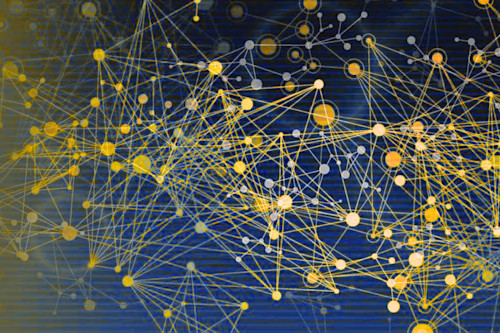Update from SUPRR: Misuse of ISSNs threaten academic integrity

Press Release
A pressing issue in Ukraine is that publications in the temporarily occupied territories by Russia are unjustifiably using the ISSNs of Ukrainian journals originally founded by displaced Ukrainian higher education institutions, or obtaining entirely new ISSNs while falsely claiming to be the legal successors of these publication.
These ISSN identifiers enable illegitimate journals to integrate into international databases within the global academic community, posing a significant risk of spreading propaganda and disinformation. Collaboration with such journals could be seen as legitimising the occupying regime, which is unacceptable under international law, as emphasised by both the UN and the EU.
Under normal circumstances, a national ISSN Centre has sole responsibility for assigning ISSNs to serials and continuing resources published within its jurisdiction. This is in accordance with international law, the international standards and agreements with the ISSN International Centre. However, in cases where there is no national ISSN centre – such as occupied or disputed territories, countries not officially recognised by the United Nations or those without an ISO country code – the International Centre assumes responsibility for assigning ISSNs. The Ukrainian national ISSN Centre does not and will not provide any ISSN services to entities operating in the temporarily occupied territories of Ukraine.
In occupied and/or disputed territories and other conflict zones, the International Centre applies special measures to ensure fairness and consistency in the administration of ISSN assignments.
Having brought the issue to the attention of the International Centre, we were delighted with the reception and willingness to engage in finding a technical solution to identify which journals were which. Finding the solution was not easy, but they succeeded.
The search for a comprehensive technical solution at the international and national levels required cooperation on the part of the International Centre and, on the Ukrainian side, the national ISSN Agency and the Ministry of Education and Science of Ukraine, with active engagement from EASE Ukraine and SUPRR. Now the actual source of each journal will be visible to all.
Jan-Peter Wissink, Managing Director of Amsterdam University Press, home of the SUPRR initiative, said:
“I can only reiterate the words of Denys Kurbatov, Ukrainian Deputy Minister for Science and Education when he said “This issue undoubtedly goes beyond Ukraine — it concerns preserving global trust in academic systems. We call on researchers, publishers, and indexing organizations to support these initiatives and remain vigilant against actions that undermine or may discredit the foundations of academic publishing and international law.”
Iryna Pogorelovska of the national ISSN Centre of Ukraine, said:
“Thanks to the International ISSN Centre's understanding of the situation a solution was found and reflected in the relevant updated document.”
Iryna Izarova, Chair of the Ukrainian Regional Chapter of the European Association of Science Editors, said:
“This is the first case of actively protecting the rights of Ukrainian publications. Moreover, this issue has global implications for other regions affected by war, aggression, or conflict.”
Frances Pinter, founder of SUPRR, said:
“We thank the ISSN International Centre for its attention to the matter and we call on the international academic and political communities to recognize these challenges and support efforts to restore and protect Ukrainian science, ensuring Ukrainian scholars’ contributions to global knowledge.”
Notes to Editor
For further questions, please contact Frances Pinter frances@pinter.org.uk
